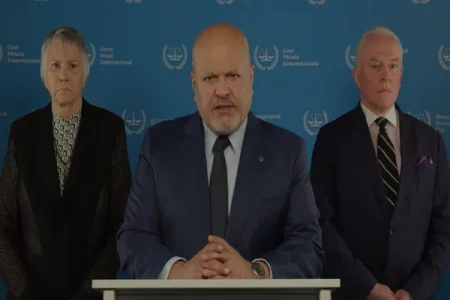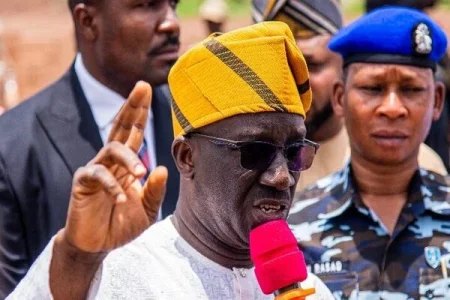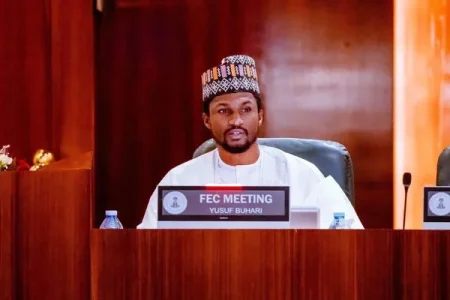
ICC seeks arrest warrants for Israeli PM Netanyahu and Hamas leaders, sparking varied responses. Understand the implications of alleged war crimes charges, with reactions ranging from condemnation to calls for justice.
The International Criminal Court (ICC) prosecutor's office announced on Monday its request for arrest warrants targeting Israeli Prime Minister Benjamin Netanyahu, his defense minister, and three Hamas leaders over alleged war crimes. This decision has elicited a spectrum of reactions.
Senior Hamas official Sami Abu Zuhri denounced the move, alleging it equated victims with perpetrators and emboldened Israel's Gaza policies. Conversely, Israeli War Cabinet Minister Benny Gantz criticized the comparison between democratic defense measures and terrorist actions.
Israeli opposition leader Yair Lapid labeled the development as disastrous, emphasizing the potential repercussions. Finance Minister Bezalel Smotrich condemned the warrants as a display of hypocrisy and antisemitism, underscoring their wider implications.
Wasel Abu Youssef, a member of the Palestine Liberation Organization's executive committee, supported the ICC's actions, asserting the Palestinian people's right to self-defense against what he described as Israeli genocide in Gaza.
The ICC's decision follows mounting tensions in the region, with clashes between Israel and Palestinian factions escalating over issues such as land disputes and religious sensitivities. The move has intensified global scrutiny of the Israeli-Palestinian conflict, fueling debates on international justice and the role of supranational bodies in addressing regional disputes.
The development underscores the complex geopolitical dynamics at play in the Middle East, where longstanding conflicts continue to defy easy resolution despite ongoing diplomatic efforts.




